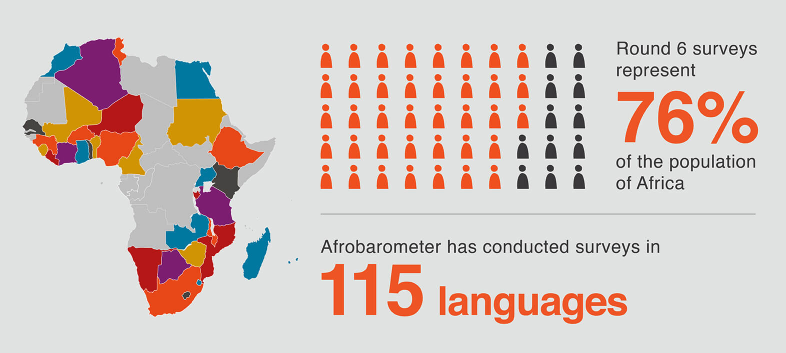The sandpit took place as part of the annual John Burton Lecture delivered by E. Gyimah-Boadi, Afrobarometer co-founder and current board chair. Professor Neophytos Loizides, organiser of the event, summarises it here.
This year’s annual John Burton Lecture delivered by E. Gyimah-Boadi, Afrobarometer co-founder and current board chair focused on the past, present and future of democracy in West Africa. It provided data from the Afrobarometer to demonstrate how democratic backsliding represents a threat to the region’s stability and prosperity; and provided a set of concrete recommendations as to future paths of action. The lecture specifically explored the linkage between democratic governance progress across the ECOWAS region in the first decade and a half of the new century and the region’s relative political stability and economic prosperity within the same period while demonstrating the latest negative trends arguing for addressing the growing problem of democratic recession and related political turmoil.
Afrobarometer is non-partisan, pan-African research institution conducting public attitude surveys on democracy, governance, the economy and society in 30+ countries repeated on a regular cycle. We are the world’s leading research project on issues that affect ordinary African men and women.
In addition, to the annual John Burton lecture the sandpit featured presentations on DR Congo, Nigeria, Zimbabwe and the latest unrest in Ethiopia. It also featured a training session on the use of the Afrobarometer data and comparative research using these data in a comparison between sub-Sahara African and Latin American countries. It finally concluded with a session on funded projects by the UKRI, the US Institute of Peace and the Foreign Commonwealth & Development Office of relevance to sub-Sahara African politics.
The use of Afrobarometer and other survey data from the region is particularly important in giving people a voice, guiding and informing case study analysis, and educating the public in Africa and across the world as to the structure of public opinion preferences and changing regional and global trends. Also important are findings involving citizen’s understandings of policy tradeoffs; for instance, Professor Gyimah-Boadi presented data on public preferences involving accountable vs. effective governance arguing that in 12 out of 14 west African countries majorities will prefer the former. Finally, researchers have identified opportunities for students in sub-Saharan African politics either in internship programs or involving programs for further academic study.
Read more about the event here.

